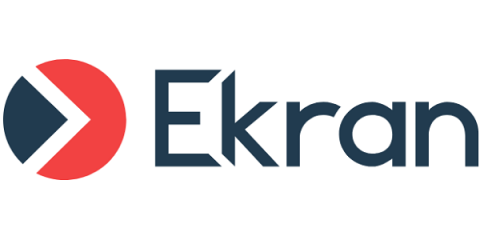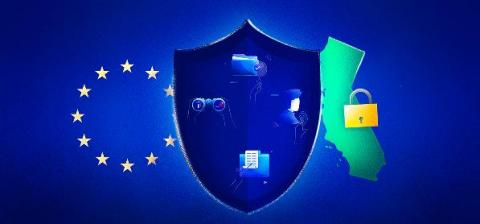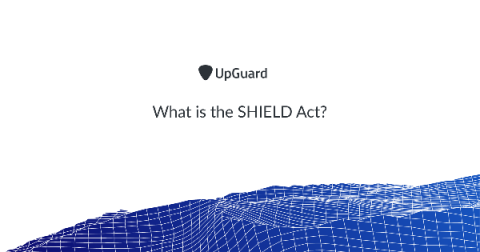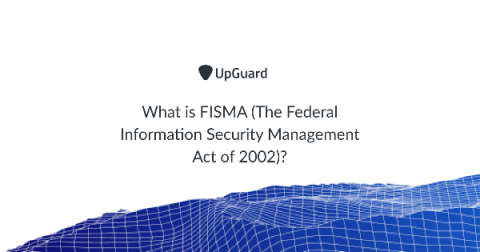Privileged Password Policy Compliance Overview: NIST 800-63, HIPAA, PCI DSS, GDPR
Privileged passwords should be used wisely. These credentials, also called secrets, provide a user with access to protected accounts, systems, networking hardware, cloud instances, and applications. Since privileged accounts also have elevated permissions, passwords to these accounts are often targeted by cybercriminals. In fact, weak, reused, and compromised passwords are the cause of 81% of all data breaches according to the Verizon 2019 Data Breach Investigations Report.









